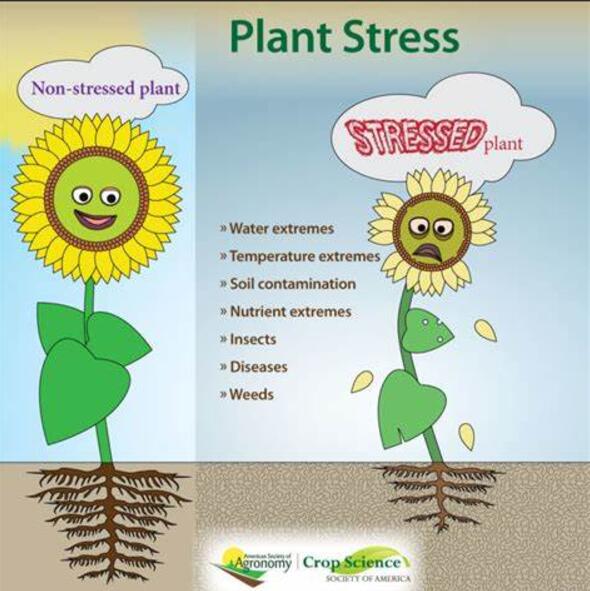Deciphering the role of epigenetics in plant pathogen resistance: Strategies for sustainable sugarcane management
IF 6.8
Q1 PLANT SCIENCES
引用次数: 0
Abstract
Sugarcane, an important cash crop, is facing increasing threats to its sustainability from various biological stressors. Despite its economic importance, the complex molecular mechanisms involved in sugarcane's defense against pathogens especially the role of epigenetic regulators are not well understood. This review explores how epigenetic regulators contribute to sugarcane's defense mechanisms. It examines the functions of pathogenesis-related (PR) proteins and their interactions with epigenetic modifications. Under normal conditions, plants adjust their gene expression in response to pathogenic threats. Specific transcription factors are activated by external stimuli, which then enhance the expression of defense-related genes. Epigenetic mechanisms, such as histone modifications and DNA methylation, regulate these gene expressions related to biotic stress responses. Additionally, chromatin remodelers and non-coding RNAs work together to boost plant defenses, improving resistance and productivity in various environmental conditions. Importantly, these epigenetic processes create a form of environmental memory and priming, enabling plants to adapt to new challenges based on past experiences. This review offers a comprehensive overview of current knowledge regarding the epigenetic mechanisms that support sugarcane's defense against pathogens. It provides detailed insights into the complex interactions between plants and fungi and discusses innovative crop improvement strategies aimed at improving disease resistance and overall crop resilience. By clarifying these molecular pathways, the review lays a foundation for future research that seeks to strengthen sugarcane against biotic stressors and ensure the sustainability of sugar and bioenergy production.
求助全文
约1分钟内获得全文
求助全文
来源期刊

Plant Stress
PLANT SCIENCES-
CiteScore
5.20
自引率
8.00%
发文量
76
审稿时长
63 days
期刊介绍:
The journal Plant Stress deals with plant (or other photoautotrophs, such as algae, cyanobacteria and lichens) responses to abiotic and biotic stress factors that can result in limited growth and productivity. Such responses can be analyzed and described at a physiological, biochemical and molecular level. Experimental approaches/technologies aiming to improve growth and productivity with a potential for downstream validation under stress conditions will also be considered. Both fundamental and applied research manuscripts are welcome, provided that clear mechanistic hypotheses are made and descriptive approaches are avoided. In addition, high-quality review articles will also be considered, provided they follow a critical approach and stimulate thought for future research avenues.
Plant Stress welcomes high-quality manuscripts related (but not limited) to interactions between plants and:
Lack of water (drought) and excess (flooding),
Salinity stress,
Elevated temperature and/or low temperature (chilling and freezing),
Hypoxia and/or anoxia,
Mineral nutrient excess and/or deficiency,
Heavy metals and/or metalloids,
Plant priming (chemical, biological, physiological, nanomaterial, biostimulant) approaches for improved stress protection,
Viral, phytoplasma, bacterial and fungal plant-pathogen interactions.
The journal welcomes basic and applied research articles, as well as review articles and short communications. All submitted manuscripts will be subject to a thorough peer-reviewing process.
 求助内容:
求助内容: 应助结果提醒方式:
应助结果提醒方式:


